Using open data standards: A case in point
- June 16, 2021
- 3 minutes
In an age that floods us with data, we need open data standards for orderly datasets. You might ask yourself, what are open standards?
Open standards for data are documented, reusable agreements that help people and organisations to publish, access, share and use better quality data. Open data standards must support the interoperability of data, which in this context, ensures the ability to interoperate different datasets.
The ability to analyse and combine datasets from different sources precisely provides a case in point for applying common data standards across various industry sectors, with benefits for financial markets and regulators themselves.
XBRL as an open data standard
One example of an open data standard is XBRL, (eXtensible Business Reporting Language), managed by XBRL International. XBRL is an open standard used worldwide, for tagging financial and business reports and increasing the transparency and accessibility of data. Essentially, it provides a common language for tagging unique terms found in financial or other reports such as compliance or performance reports.
With the introduction of XBRL, the reporting process of companies to the regulatory institutions have significantly improved. Instead of submitting financial data in HTML format, which had to be later rekeyed and validated before use, now a majority of companies file in XBRL, and computer readable XBRL data flows directly from companies to regulators and in certain cases, other users.
Therefore, all stakeholders have access to the same data and filings, at the same time, promptly upon submission of the company’s report to the regulatory authority.
XBRL, an example of interoperability
XBRL International points out that XBRL provides taxonomies for concepts from a variety of accounting and risk domains, including:
- International Financial Reporting Standards (IFRS),
- US GAAP (Generally accepted accounting principles], Chinese GAAP, Japanese GAAP,
- The CRD IV reporting framework,
- Insurance reporting framework-Solvency II, amongst many others
XBRL is also adopted by multiple institutions like the U.S. Federal Deposit Insurance Corporation, the Committee of European Banking Supervisors (CEBS), Securities and Exchange Commission (SEC) in the United States.
XBRL is one of many open data standards, being used in 50 countries around the world, and it is useful for many different stakeholders like regulators (financial and securities regulators, business registrars, tax authorities), companies that need to report to the regulators, governments (agencies that are working on simplifying the process of business reporting), data providers, analysts, investors and accountants.
Open data standard – the key to transparent data
XBRL was created to be used by businesses worldwide, achieved the goal of transparency. As a global standard, it is being used by almost 60 countries around the world. It supports an effective and transparent economy, reduction of the information processing cost, and so on, which contributes to a fair economy, especially in developing countries. And it is just one example of ODS that supports the growth of data environments.
Open Data Standards Directory, created by Open Data Institute, contains around 60 data standards, divided into categories like finance, services and many more. All of them can be used to make an impact on multiple branches. Open data standards can support the implementation of policy, on the stage when it is developed or adapted. They can create new opportunities for organisations that adopt them thus making an economic impact. They contribute to producing better quality data and developing new tools and services.
Open data is a powerful concept ensuring transparency, from which various stakeholders such as governments, activists, the private sector and individuals can benefit. But to ensure accessibility, interoperability, reuse and get feasible data, it needs to be standardised. Open data standards provide free access to structured data, unifying it so that different parties can use and analyse datasets freely. They aim to contribute to the data being more easily consumed and repurposed for valuable ends, improving the functioning of many governments, businesses and regulators as well as creating new ecosystems.


